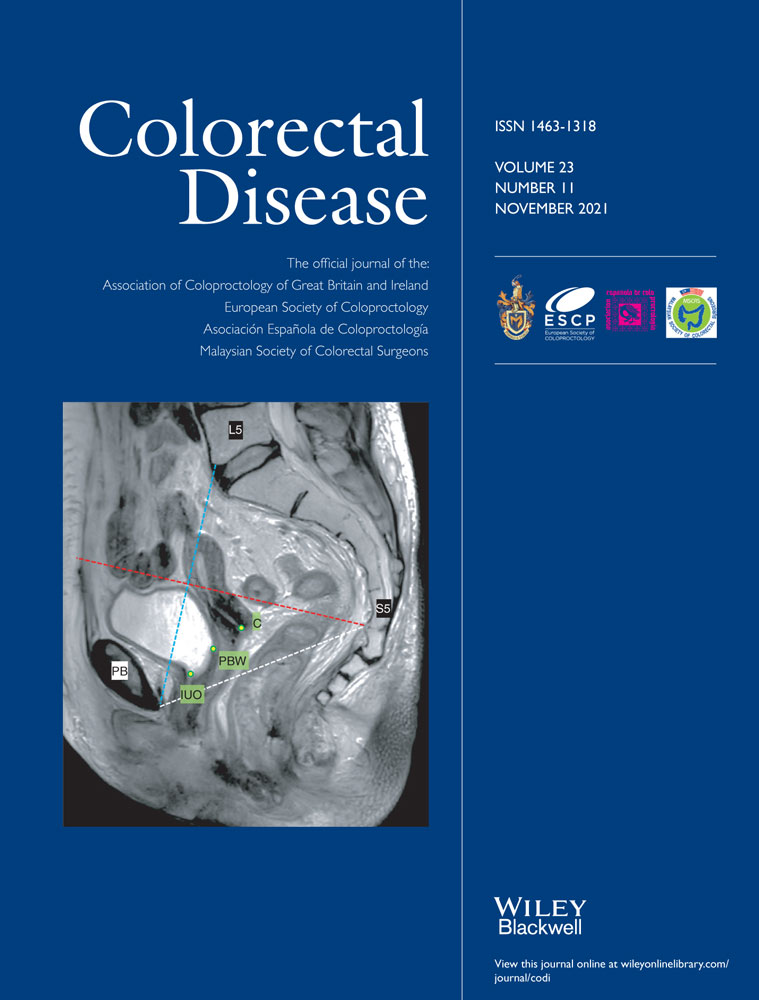SupPoRtive Exercise Programmes for Accelerating REcovery after major ABdominal Cancer surgery trial (PREPARE-ABC): Pilot phase of a multicentre randomised controlled trial
Trial registration: ISRCTN82233115
Funding information
The funders of the study had no role in study design, data collection, data analysis, data interpretation, or writing the report. The study sponsor delegated trial management to the Norwich Clinical Trials Unit and the authors held joint responsibility for the decision to submit for publication. The PREPARE-ABC trial is fully funded by National Institute for Health Research Health Technology Assessment Programme; Grant Number 14/192/53.
Abstract
Aim
PREPARE-ABC is a pragmatic multicentre randomised controlled trial including an internal pilot designed to assess the clinical and cost-effectiveness of pre- and postoperative exercise in relation to short- and longer-term postoperative recovery outcomes in colorectal cancer patients undergoing surgical resection. Here, we report on internal pilot phase data for the first 200 patients randomised to the trial, which included prespecified stop-go criteria used to inform the decision to progress to the fully powered trial by the funder.
Methods
Eligible and consenting patients are randomly assigned (1:1:1) to hospital-supervised exercise, home-supported exercise or treatment as usual (TAU). Randomisation is concealed but clinical teams providing treatment and participants are unmasked. Primary outcomes are 30-day morbidity (Clavien-Dindo) and 12-month health-related quality of life (Medical Outcomes Study Health Questionnaire). Here, we present findings from the prespecified pilot phase which assessed feasibility of site set up, recruitment, adherence and acceptability of trial processes to patients and site staff.
Results
Between 9 November 2016 and 18 May 2018, 18 sites were set up, with 200 patients randomised to either hospital-supervised exercise (68), home-supported exercise (69) or treatment as usual (TAU) (63). Across the groups, 19 patients did not proceed to surgery or withdrew and 52% experienced a complication. Over half of the participants (57%) in the hospital-supervised group attended ≥6 preoperative sessions and 50% attended ≥5 monthly postoperative exercise “booster sessions”. In the home-supported group, 70% patients engaged with ≥2 telephone support sessions in the preoperative phase and 80% engaged in ≥5 monthly telephone support “booster sessions”. Adverse events were reported by 22 patients and three patients reported a serious adverse event. The majority of complications were Clavien-Dindo grades 1–2; however, 16 patients experienced one or more Clavien-Dindo grade 3–4 complication(s).
Conclusions
Results of the internal pilot phase confirm the feasibility of site set-up and patient recruitment, representativeness of the sample population and adequate adherence to hospital-supervised and home-supported exercise. On the basis of these positive results, progression to the fully-powered trial was authorised by the funder.
CONFLICT OF INTEREST
None.
Open Research
DATA AVAILABILITY STATEMENT
The data that support the findings of this study will be published (and therefore made publicly available) following conclusion of the trial.




